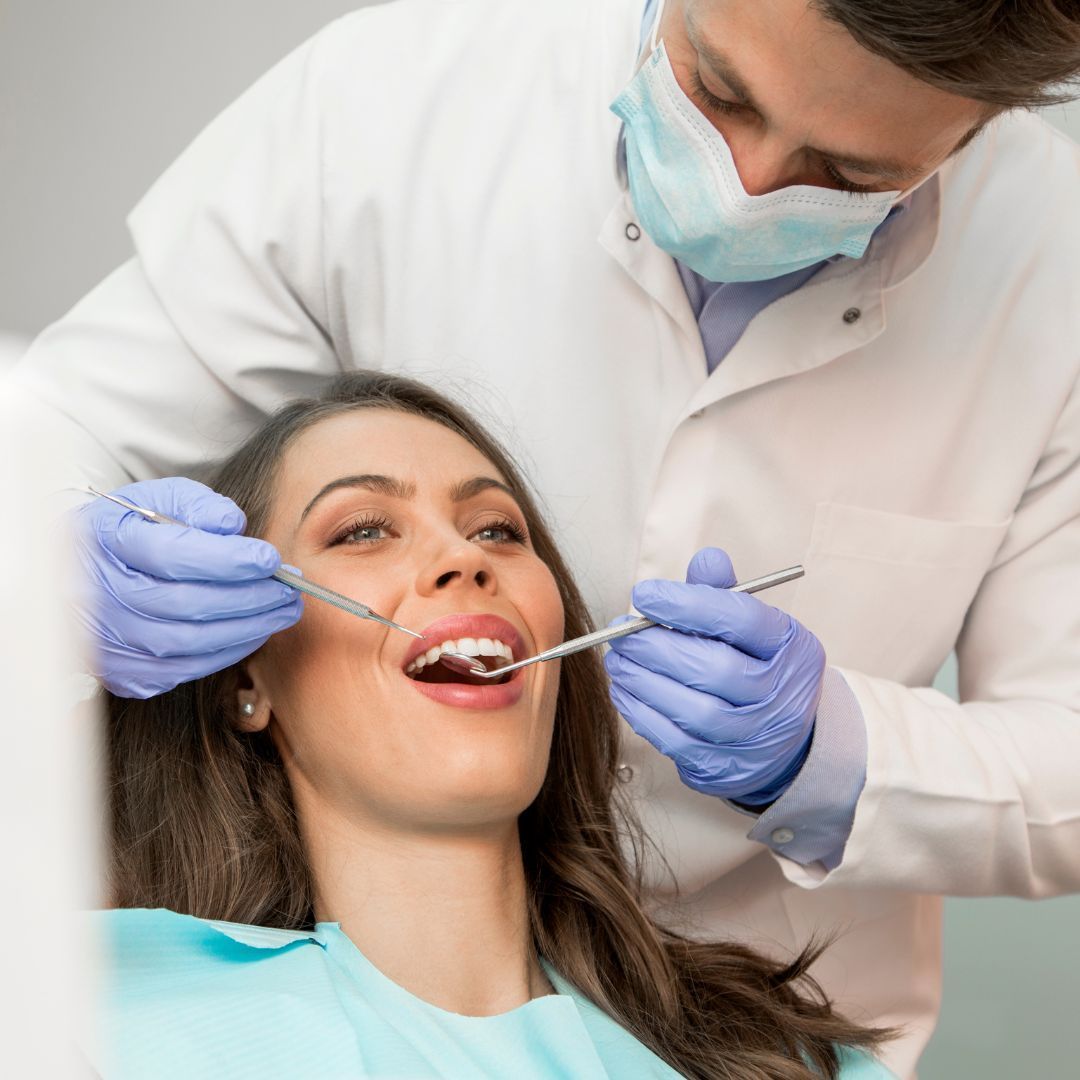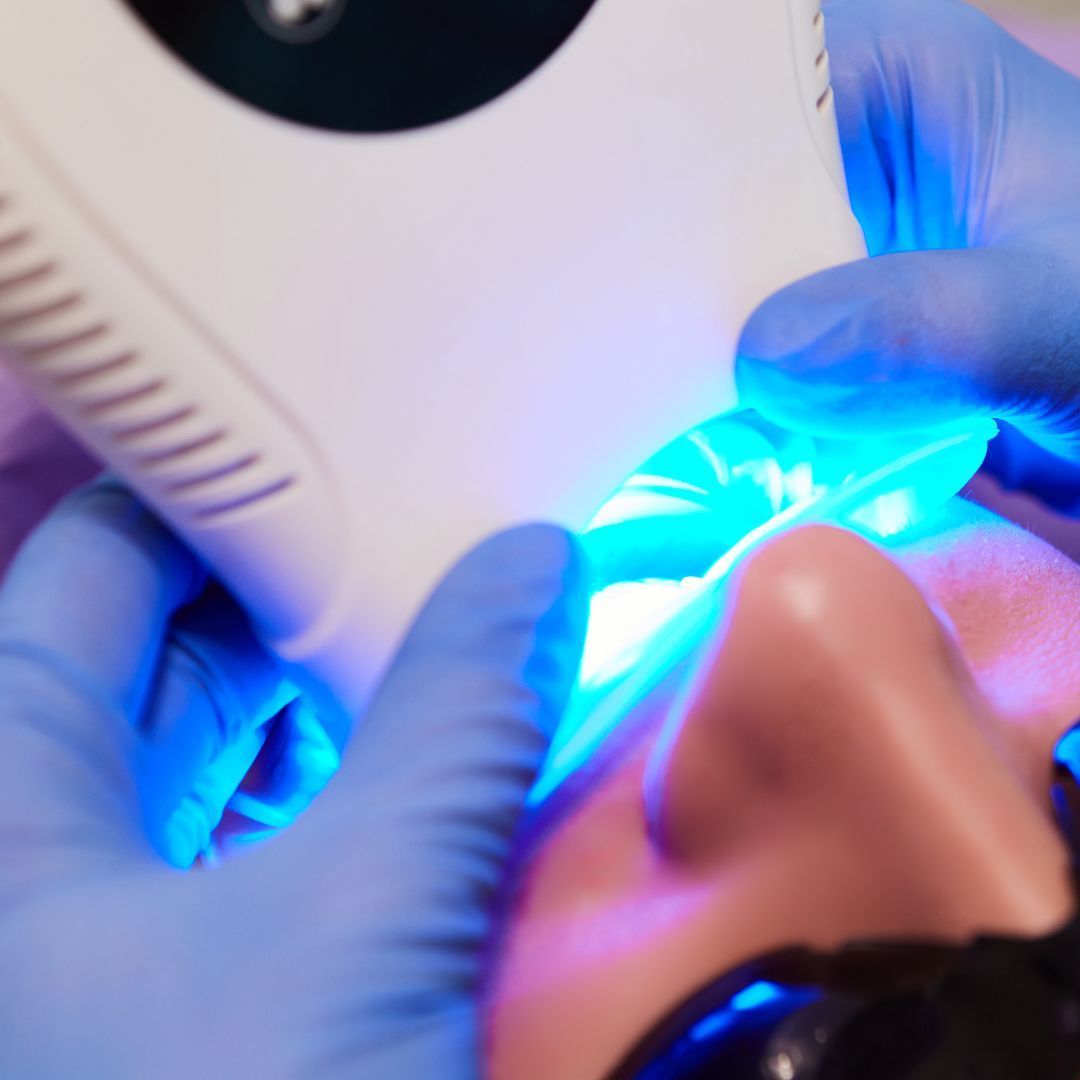Common Dental Emergencies
Dental emergencies can range from a mild pain in the teeth to a more severe issue such as an abscessed tooth. No matter the severity of your dental emergency, it is important to visit a dentist as soon as possible. Below is an overview of some common dental emergencies and what steps you should take if you find yourself in one.
Toothache
A toothache is one of the most common types of dental emergencies, and can be caused by issues like cavities, dental decay, or gum disease. If you are experiencing a toothache, rinse your mouth with warm water and floss around the affected area to check for any food that might be caught. If this doesn’t relieve the pain, contact your dentist immediately for treatment. Your dentist might need to fill or repair a cavity or provide other treatments for gum disease.
Chipped/Cracked Tooth
A chipped or cracked tooth can cause extreme pain and should be evaluated by a dentist immediately. Wearing a soft cloth over the affected area can help reduce discomfort until you are able to get professional assistance. In some cases, chips or cracks can be repaired with bonding materials or veneers. For more severe fractures, crowns may need to be placed on top of the damaged tooth in order to restore it back to its original condition.
Knocked Out Tooth
If a tooth is knocked out due to an accident or injury, try retrieving it if possible and rinse off any dirt with clean water. Do not touch its root surface as this can further damage it. Put the tooth into a cup containing milk before contacting your dentist right away so they have time to treat it properly and attempt saving the tooth while avoiding infection over time.
Lost Filling/Crown
If you experience discomfort due to a lost filling or crown, place sugar-free gum into the cavity until you are able to make an appointment with your dentist for repairs. Be sure not to use softened wax (such as ChapStick) as this could create additional issues down the line when attempting repairs since bacteria from saliva could get trapped under waxes and cause infection during attempted repair work on affected teeth.
Abscessed Tooth
An abscessed tooth needs immediate medical attention to avoid serious complications such as toxins getting into your bloodstream and impacting other parts of your body negatively – so call your dentist right away if this occurs! The primary treatment for an abscessed tooth will involve draining out built up pus from around it in order for antibiotics to effectively treat infection over time – meaning surgery may also be necessary if drainage does not occur naturally through simple chewing/biting motions over time.
Dental emergencies can strike suddenly leaving you feeling overwhelmed and unsure what steps must occur next. It is important that no matter what type of emergency occurs, that you remain calm, visit or contact Dentistry Consilium promptly, and follow their instructions carefully. With proper care, many dental emergencies can successfully be managed allowing for improved oral health overall.



Leave a Reply
Want to join the discussion?Feel free to contribute!